Analysts assess Westerwelle visit
While German FM Guido Westerwelle is holding meetings in Priština, Belgrade is still assessing effects of his yesterday’s visit.
Friday, 27.08.2010.
17:31

While German FM Guido Westerwelle is holding meetings in Pristina, Belgrade is still assessing effects of his yesterday’s visit. Westerwelle’s statement that Kosovo’s independence is a reality and that geographical map of Southeast Europe has been permanently changed has raised dust. Analysts assess Westerwelle visit Analysts read between the lines that he clearly pointed out that the EU expects Belgrade to soften the text of the Kosovo resolution which Serbia submitted to the UN General Assembly. Milan Pajevic of the ISAC Fund told B92 that this was a crucial moment to quit the policy of confronting Brussels and the U.S. and that it was time to start negotiations about a revision of the resolution. “I’m almost sure that President Tadic will make a decision different than the one which has been fluctuating in the last several weeks. Therefore, that this pretty unsuccessful and very amateurishly and irresponsibly conducted policy of confrontations with the EU and the U.S. will finish in some way and that a model of agreement with the EU about what the resolution should look like in order to be passed in the UN will be found,” he explained. Pajevic added that it was desirable that the text was acceptable for both sides, and not only for the Serbian side which was currently the case. Professor at the Faculty of Political Science Predrag Simic also thinks that the EU openly expects from Serbia to change the text of the resolution through a joint dialogue. However, he says that it would not go so smoothly. “The change of the Serbian resolution’s text, even a minimal one, would probably have very serious political consequences in the coutnry. That this is not ruled out, is seen in the fact that for the first time since Milosevic left an EU minister separately met with representatives of parliamentary parties,” Simic stated. “If the existing text of the Serbian resolution remained, it in a way implies a conflict between Belgrade and the Quint,” the professor said and added that it was hard to imagine that Serbia would change the resolution’s text without disrupting its present positions. However, he is not ruling out such a possibility. Simic thinks that the German FM indirectly stated another fact – that Serbian EU integration and the issue of Kosovo will not be separate things if Serbia continued with its policy. “That’s the main message of the visit which was said with a special diplomatic tact. The German minister obviously tried to announce the rigid position with diplomatic gloves. Not a single serious analyst can miss that, that it’s actually the content of his message,” he explained. Pajevic, however, believes that this scenario will be avoided. “The EU understands that Serbia at the moment and probably in the long run cannot recognize Kosovo. Therefore, on one hand we don’t have to recognize Kosovo, but on the other we don’t have to irritate our partners. If we want to go to the EU, if we keep thinking that it’s a good path for all of us than it’s logical to harmonize our policy with the union’s policy,” he pointed out.
Analysts assess Westerwelle visit
Analysts read between the lines that he clearly pointed out that the EU expects Belgrade to soften the text of the Kosovo resolution which Serbia submitted to the UN General Assembly.Milan Pajević of the ISAC Fund told B92 that this was a crucial moment to quit the policy of confronting Brussels and the U.S. and that it was time to start negotiations about a revision of the resolution.
“I’m almost sure that President Tadić will make a decision different than the one which has been fluctuating in the last several weeks. Therefore, that this pretty unsuccessful and very amateurishly and irresponsibly conducted policy of confrontations with the EU and the U.S. will finish in some way and that a model of agreement with the EU about what the resolution should look like in order to be passed in the UN will be found,” he explained.
Pajević added that it was desirable that the text was acceptable for both sides, and not only for the Serbian side which was currently the case.
Professor at the Faculty of Political Science Predrag Simić also thinks that the EU openly expects from Serbia to change the text of the resolution through a joint dialogue.
However, he says that it would not go so smoothly.
“The change of the Serbian resolution’s text, even a minimal one, would probably have very serious political consequences in the coutnry. That this is not ruled out, is seen in the fact that for the first time since Milošević left an EU minister separately met with representatives of parliamentary parties,” Simić stated.
“If the existing text of the Serbian resolution remained, it in a way implies a conflict between Belgrade and the Quint,” the professor said and added that it was hard to imagine that Serbia would change the resolution’s text without disrupting its present positions.
However, he is not ruling out such a possibility.
Simić thinks that the German FM indirectly stated another fact – that Serbian EU integration and the issue of Kosovo will not be separate things if Serbia continued with its policy.
“That’s the main message of the visit which was said with a special diplomatic tact. The German minister obviously tried to announce the rigid position with diplomatic gloves. Not a single serious analyst can miss that, that it’s actually the content of his message,” he explained.
Pajević, however, believes that this scenario will be avoided.
“The EU understands that Serbia at the moment and probably in the long run cannot recognize Kosovo. Therefore, on one hand we don’t have to recognize Kosovo, but on the other we don’t have to irritate our partners. If we want to go to the EU, if we keep thinking that it’s a good path for all of us than it’s logical to harmonize our policy with the union’s policy,” he pointed out.




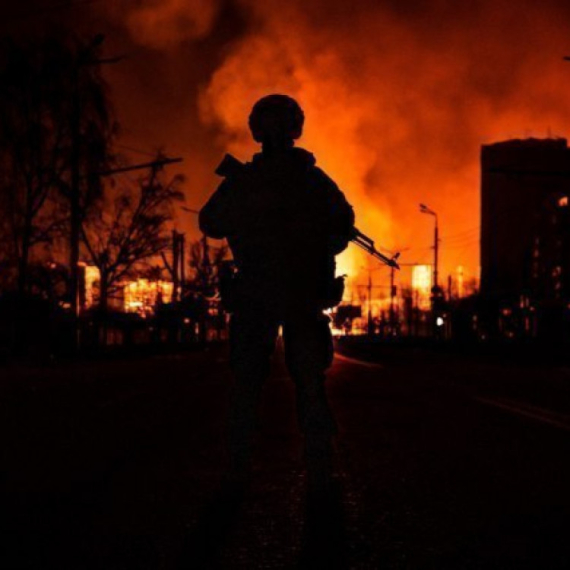
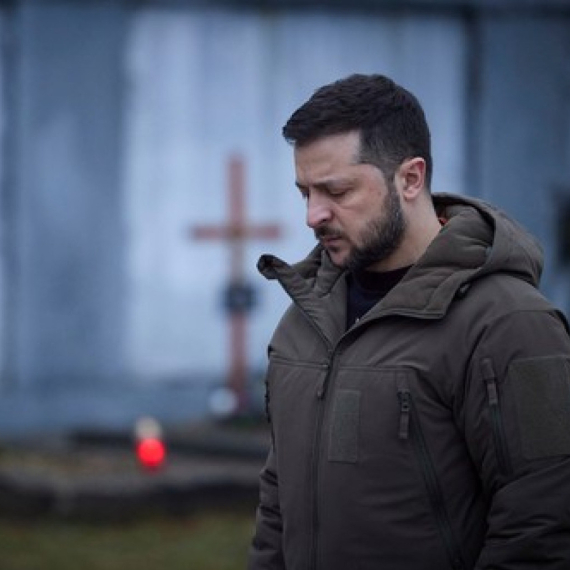
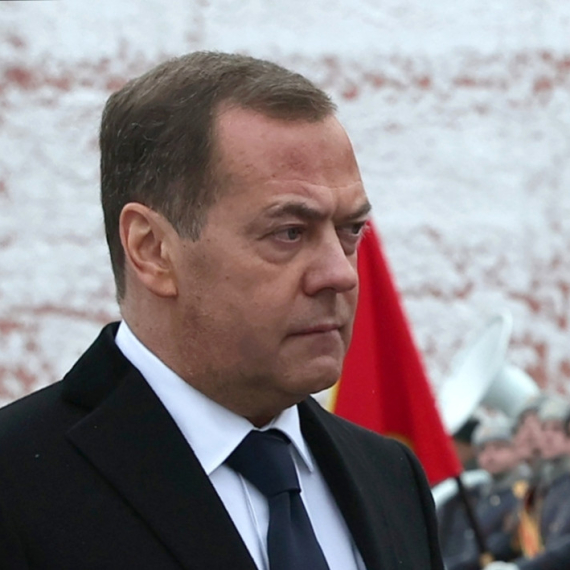



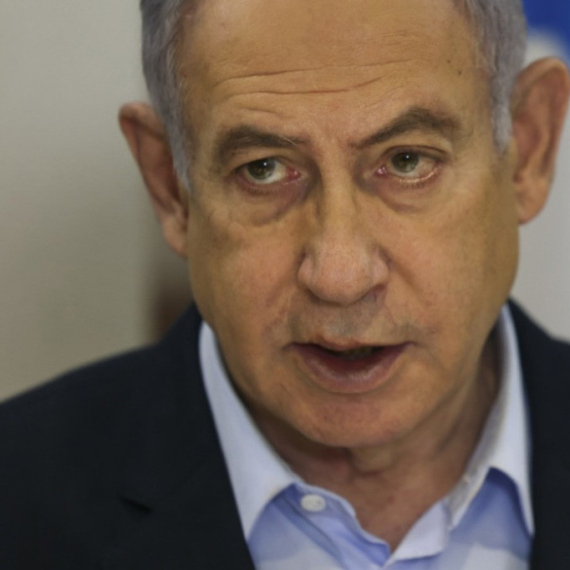



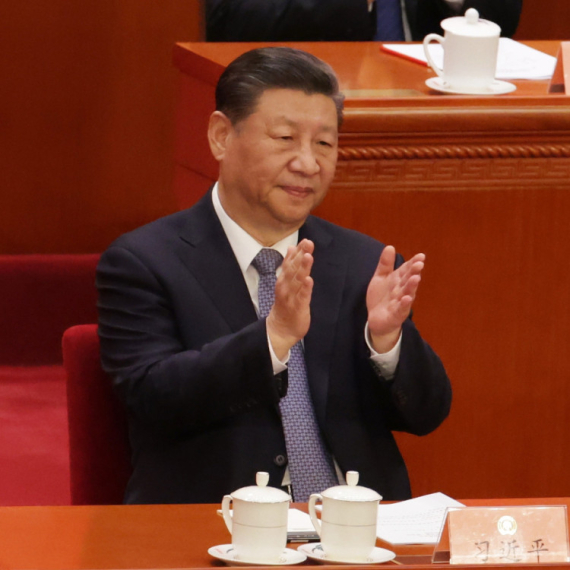
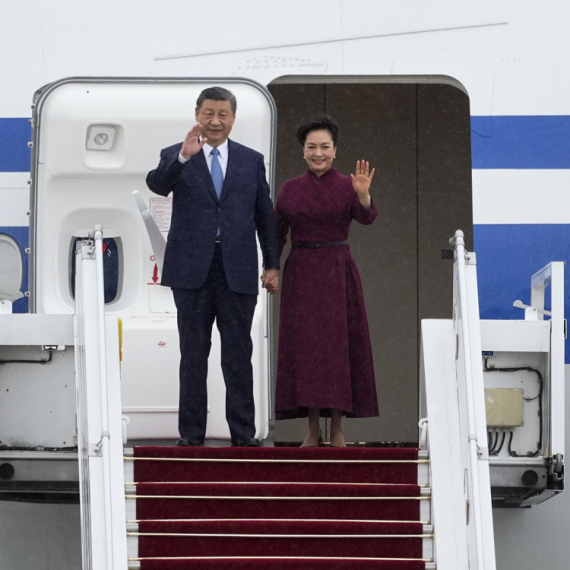
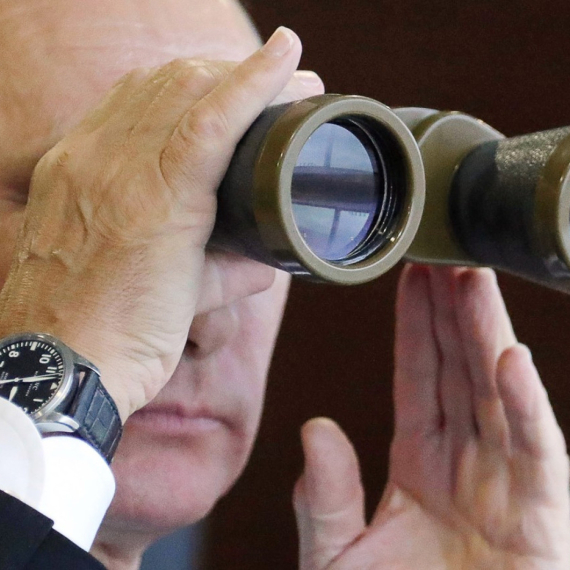
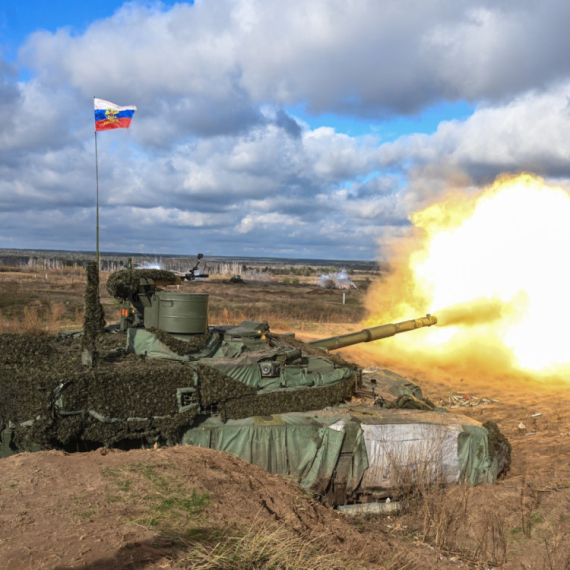
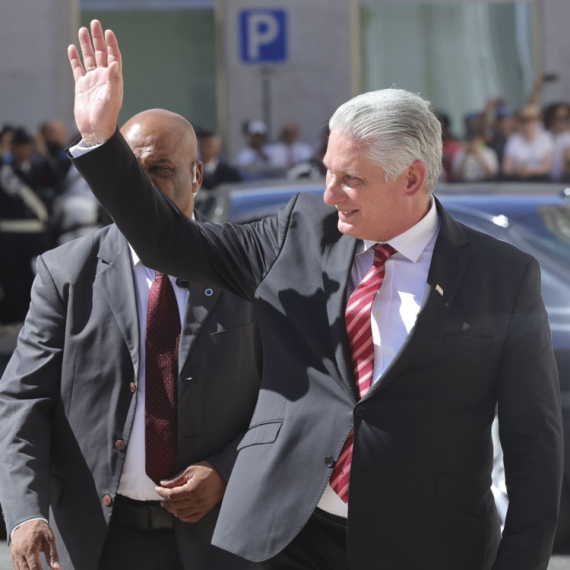













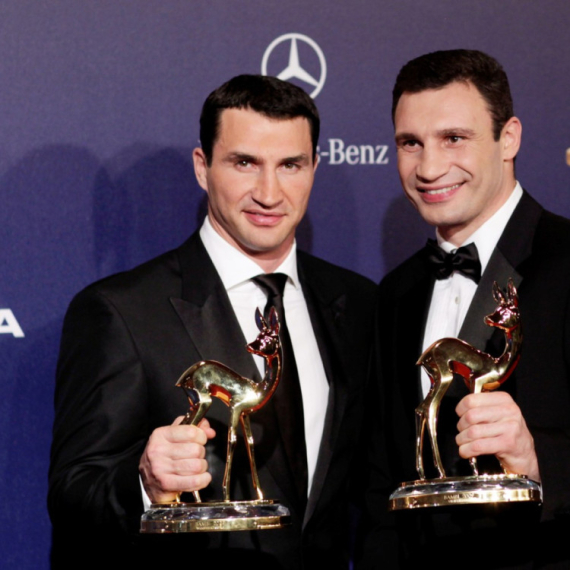





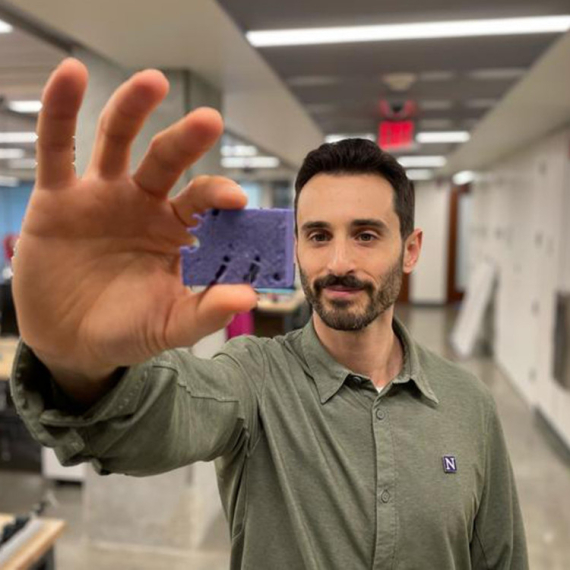





Komentari 10
Pogledaj komentare